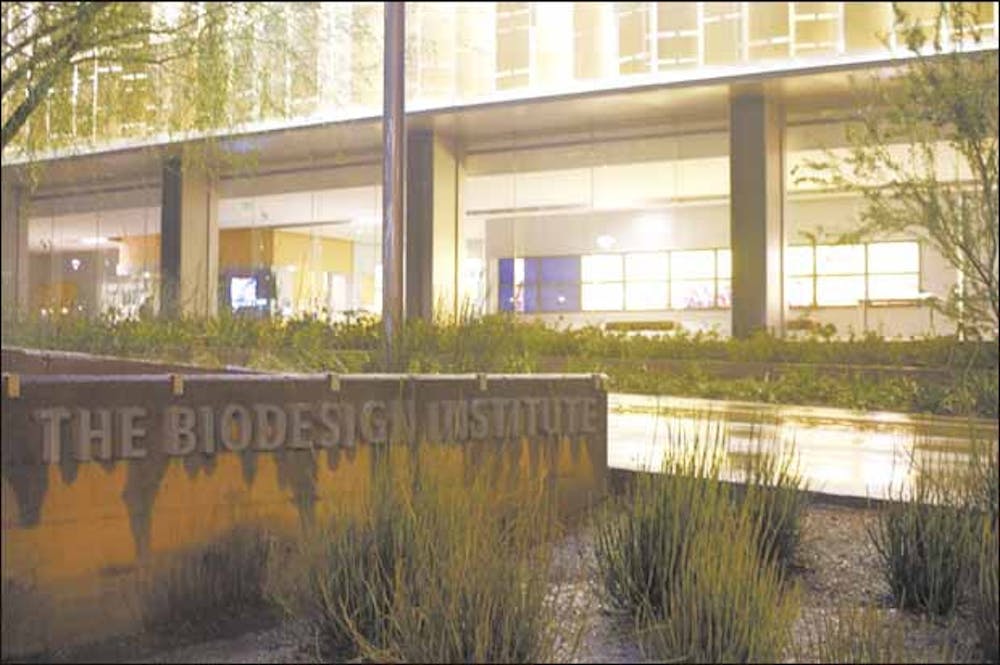A new initiative at the Biodesign Institute, led by newly-appointed Operations Director Lee Cheatham, aims to turn ASU research into commercial products.
Cheatham, formerly the executive director of the Washington Technology Center, was recently appointed by Biodesign Institute Executive Director Alan Nelson to act as general manager of the Impact Accelerator initiative.
The initiative will choose research projects done by Biodesign students and staff and provide resources to develop that research into a marketable product.
“There is a body of work that’s been done in the area over the last five years … that now is ready to be considered for commercialization,” Cheatham said. “Our job is to take the research … and turn it into something that can be put into a product.”
Since students comprise nearly one-third of the Biodesign Institute’s staff, Cheatham said, the Impact Accelerator program will increase the opportunities for students to follow their research into the marketplace.
“Real technology transfer is in the people that move from one place to another,” Cheatham said. “Those are the people who understand it the best.”
As a natural evolution of the Biodesign Institute’s initial plans, the Impact Accelerator program will address problems inherent in starting a new business, including product patents and discovering market viability, said Joe Caspermeyer, spokesman for the institute.
Since the creation of the Biodesign Institute, which was funded through tax money, it has increased to an annual budget of about $70 million and about 600 employees, he said.
“Now there’s this central issue of translation. We can make these discoveries, but really we’re creating platform technologies,” Caspermeyer said.
Arizona’s investment in ASU’s bioscience research signifies a developing niche in the state, he added.
“This has the potential to diversify the economy and a new sector of economic development,” Caspermeyer said, with the possibility of bringing new companies and investments to Arizona.
The Impact Accelerator program will function in partnership with Arizona Technology Enterprises, ASU’s technology marketing arm, which manages the marketing responsibilities for new products.
However, with the creation of the Impact Accelerator, ASU will be able to develop companies directly in the Biodesign Institute, the long-term goal being managing three to five companies simultaneously within Impact Accelerator, said Mike Mobley, associate director of business for the program.
“Our hope is that the commercialization is at the rate of one new company a year graduating from the Impact Accelerator,” Mobley said.
Research will either take the form of a new company or an endeavor that becomes part of a larger corporation, he said.
The best aspect of working with ASU so far has been the positive energy on campus, Cheatham said.
“It’s been a really fun transition for me to come into a place where folks are excited about what they are doing,” he said.
Reach the reporter at anatwood@asu.edu




